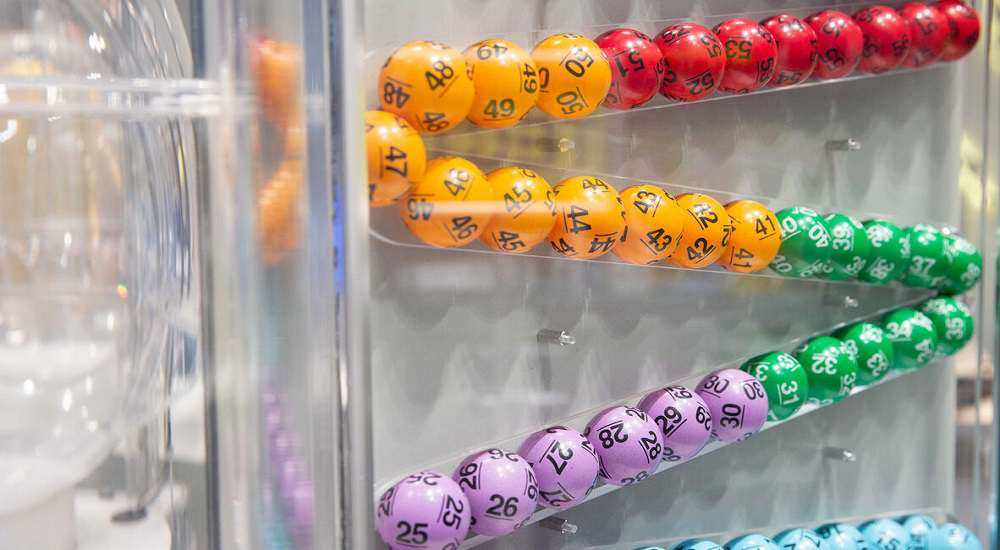The lottery has been a popular form of gambling for centuries, offering the tantalizing prospect of instant wealth. But what motivates people to participate in casino lotteries casino-hajper.com and how does this activity affect their lives? Understanding the psychology behind lottery play can provide insights into human behavior and societal trends.
Motivations for Playing the Lottery
- The Hope of a Better Future: One of the primary motivations for playing the lottery is the hope for a better future. For many, purchasing a lottery ticket is a small investment in the dream of financial security and freedom. This dream can be particularly appealing to those who feel trapped in their current financial situation. The idea that a single ticket could transform their lives is a powerful motivator.
- The Thrill of Anticipation: The anticipation of the lottery draw is another significant factor. The period between purchasing a ticket and the drawing is filled with excitement and hope. This anticipation is similar to the thrill experienced in other forms of gambling, providing a rush of adrenaline and excitement.
- Social and Cultural Factors: Lottery play is often influenced by social and cultural factors. In many communities, participating in the lottery is a common activity, and discussions about potential winnings are a part of everyday conversation. The social aspect can enhance the enjoyment and anticipation, making the activity more appealing.
- Low Entry Cost: The relatively low cost of entry is another reason why people are attracted to the lottery on the casino-hajper.com website. For a small price, individuals can buy into the dream of a substantial payout. This low barrier to entry makes it accessible to a broad audience, including those who might not engage in other forms of gambling.

Psychological Impact of Lottery Play
- Emotional Rollercoaster: Playing the lottery can lead to a range of emotional experiences. The initial excitement and anticipation can quickly turn into disappointment and frustration if the expected win does not materialize. This emotional rollercoaster can have a significant impact on an individual’s mental well-being.
- Influence on Decision Making: The hope of winning the lottery can influence decision-making processes. Some individuals may make financial decisions based on the expectation of a future win, which can lead to risky behaviors and financial instability. The belief in a “big win” can skew rational financial planning and encourage speculative behavior.
- Social Consequences: The social consequences of lottery play can be profound. While small wins can foster a sense of community and shared joy, significant wins or consistent losses can lead to social isolation or changes in social dynamics. Large wins can sometimes result in strained relationships due to jealousy or requests for financial assistance from friends and family.
- Long-term Psychological Effects: For some, the continuous cycle of hope and disappointment can lead to long-term psychological effects. Persistent lottery play without significant wins can contribute to feelings of helplessness and decreased self-esteem. Conversely, significant wins can sometimes lead to new pressures and anxieties about managing newfound wealth.
The psychology of lottery play is complex, driven by a mix of hope, excitement, social influences, and the allure of a better future. While the lottery can provide moments of joy and anticipation, it can also lead to emotional and psychological challenges. Understanding these factors is crucial for recognizing the broader impacts of lottery play on individuals and society.